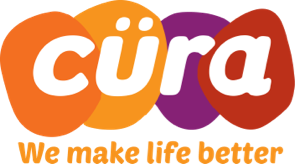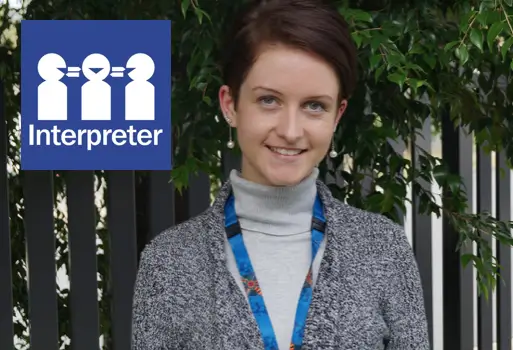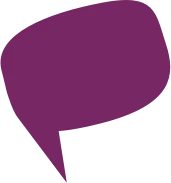Let’s face it; receiving medical information about your health can at times leave you feeling confused and overwhelmed. Now imagine trying to understand important information around diagnostic test results, treatment plans, procedures and medication instructions if it was given to you in a language you were not proficient in. Did you know, that Interpreters are available in public health facilities to assist patients who have difficulties with English?
Four years ago, while travelling alone around South America I fell very ill in the small town of Piura in Peru. I didn’t have enough Spanish to communicate properly and I remember feeling frightened and isolated. I had a lot of trouble explaining my symptoms to the health staff which led to confusion and prolonged time to diagnose the problem. I couldn’t understand the treatment measures I was receiving while in hospital and remember feeling confused in regards to the instructions around the medication and dosage after being discharged. I consider myself very lucky to have been able to walk away with a problem that turned out to be relatively simple and treatable; however, had the issue been more complex, the language barrier could have led to a more detrimental health outcome. Through this experience, it became evident to me the possible obstacles and risks that can arise in a health setting where a language barrier exists between the patient and the health staff.
With over 18% of Australians born in a non-English speaking country, health services are becoming more responsive to the different cultural and linguistic needs of patients. Professionally trained Interpreters are available in public health facilities in over 130 languages and can be organised for face-to-face sessions, via video conferencing or over the phone.
It is important that you are aware of your rights as a patient to receive health information in a manner that is clear and understandable to you. This includes receiving information in your native tongue to assist you to make well-informed decisions which will impact your treatment plan and health outcome.
Please always feel comfortable communicating your need or your relatives’ needs for an interpreter. Additionally, please spread the word within your community about the availability of Interpreter Services in public health facilities so that we may work together towards closing the language barrier gap for better health outcomes.
For more information on Interpreter Services, please visit: www.health.qld.gov.au
If you have any questions, feedback or suggestions you would like to contribute to the service please contact the Gold Coast Hospital and Health Service Coordinator on gchinterpreterservices@health.qld.gov.au
This article was contributed by Jennifer Babin, GCHHS, Interpreter Services Coordinator, Gold Coast University Hospital












